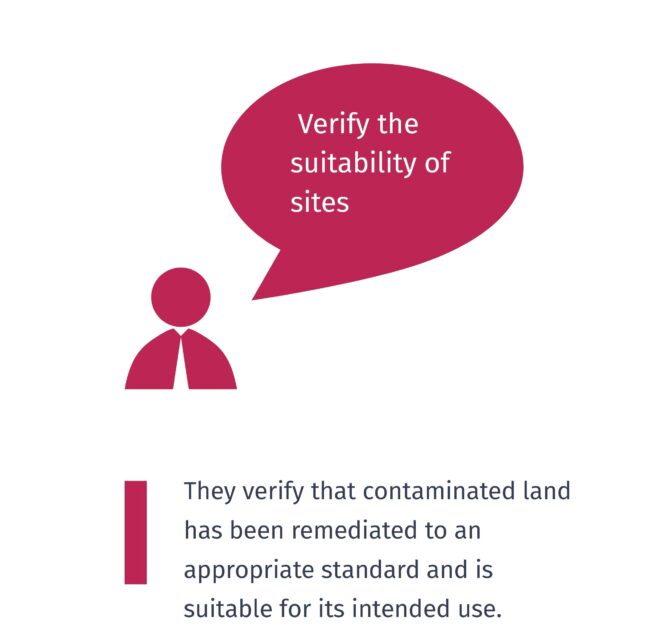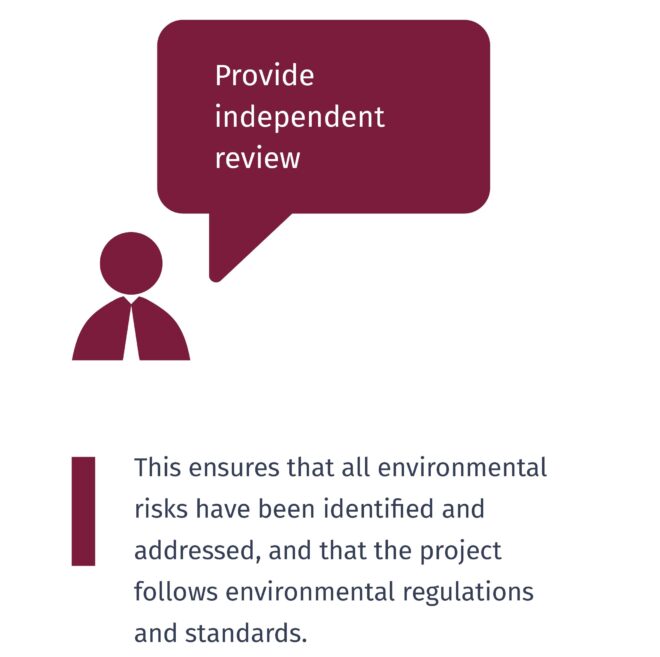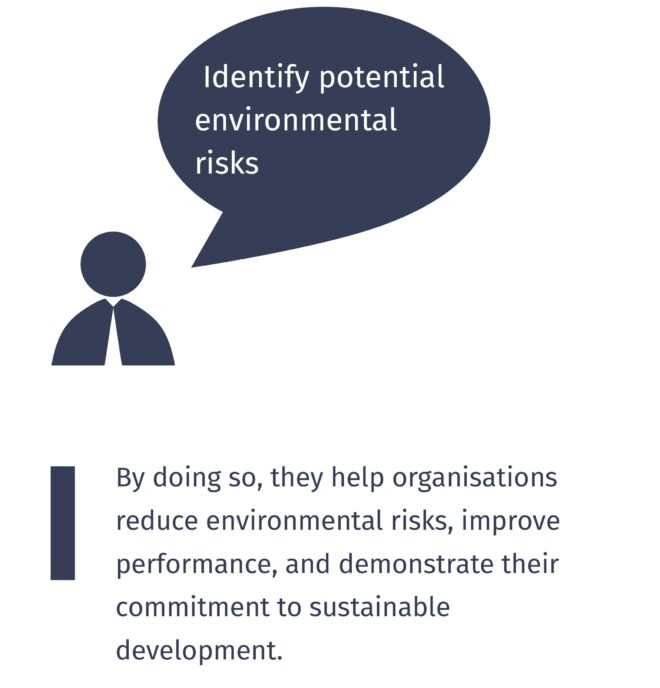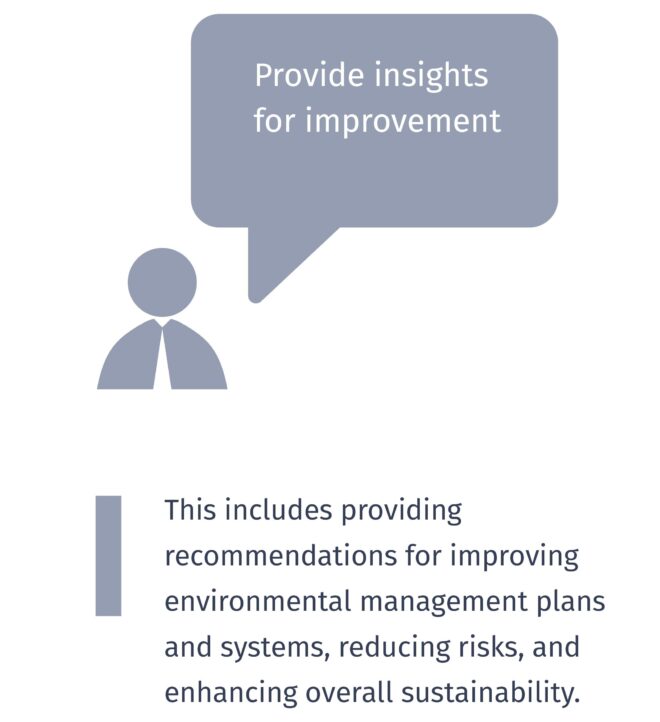As Australia’s emphasis on sustainable development and environmental protection continues to grow, environmental auditors are playing an increasingly important role in ensuring that projects are undertaken in an environmentally responsible manner.
Understanding Environmental Auditing in Australia
Environmental auditing is a critical component of environmental management in Australia. Whether mandated by planning authorities or conducted as internal audits, these assessments help evaluate environmental performance, identify site contamination risks, and ensure compliance with environmental regulations. An environmental auditor—often EPA-appointed—reviews environmental management plans, conducts audits of investigation and remediation works, and produces audit reports that determine the suitability of a site for its current or proposed use. This independent review helps site owners and clients avoid potentially costly situations by identifying environmental risks early in the process. Environmental audit reports also support local councils and regulatory bodies in making informed decisions about land use, remediation conditions, and overall project viability.
Their key responsibilities include:

1. Verify the suitability of sites
Environmental auditors play a particularly important role in ensuring that potentially, or, confirmed contaminated sites are suitable for new developments, especially in construction, land development, and related activities. They verify that contaminated land has been remediated to an appropriate standard and is suitable for its intended use

2. Provide independent review
Environmental auditors verify that investigations and remediation are done according to work plans or other requirements enforceable by Councils and EPAs. They provide an independent review of the work done by environmental engineers and consultants. This ensures that all environmental risks have been identified and addressed, and that the project follows environmental regulations and standards.

3. Identify potential environmental risks
Environmental auditors determine that potential environmental risks have been appropriately identified and that the proposed management method / approaches are suitable to manage the identified risks. By doing so, they help organisations reduce environmental risks, improve performance, and demonstrate their commitment to sustainable development.

4. Provide insights for improvement
Environmental auditors also provide valuable insights into areas where a project can improve its environmental performance. This includes providing recommendations for improving environmental management plans and systems, reducing risks, and enhancing overall sustainability.

Why Engage a Certified Environmental Auditor?
Engaging a certified or registered environmental auditor ensures that your project benefits from expert, independent auditing services. These professionals provide advice based on comprehensive assessments of contaminated land, remediation works undertaken, and the quality of environmental management practices in place. Working in Australia, environmental audit requirements may vary, making early communication with an auditor essential for meeting local and EPA regulatory requirements. Environmental auditors not only evaluate data and assess systems, but they also help ensure that works completed align with sustainability goals and human health standards. When you’re working with Douglas Partners, environmental services led by registered auditors play a key role in protecting the environment and ensuring site safety, compliance, and long-term project success.
Environmental auditing at Douglas Partners
Douglas Partners has two contaminated sites auditors both of which are Certified Environmental Practitioners (Contaminated Sites). Additionally, they are experienced in auditing compliance with management plans and regulatory approvals, such as local government Planning decisions. As environmental regulations vary from one state/territory to another, it is important to enlist the services of a qualified environmental auditor to help meet your compliance requirements and avoid legal penalties, fines, or project delays.

